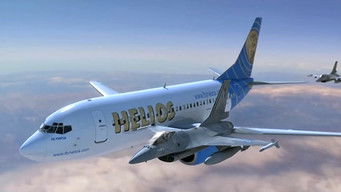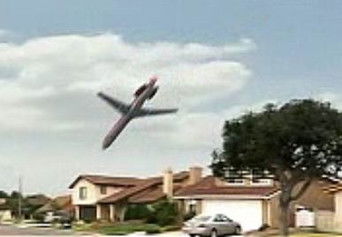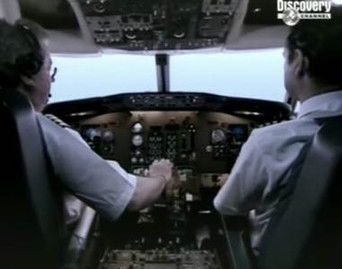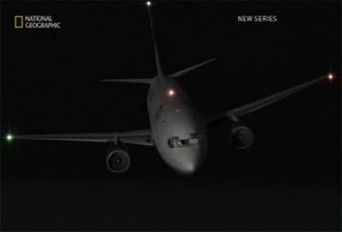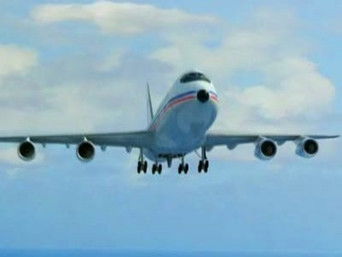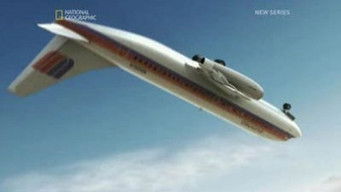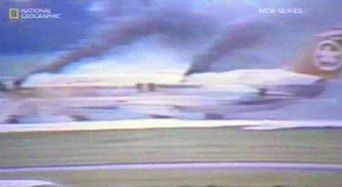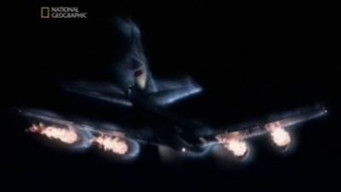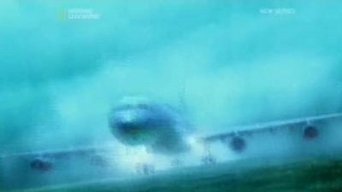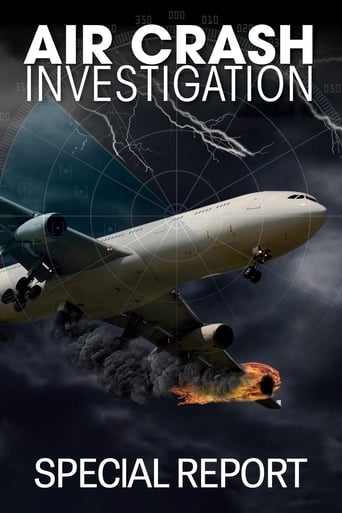Mayday Season 4
With 30 Day Free Trial!
Mayday
2003 / TV-14




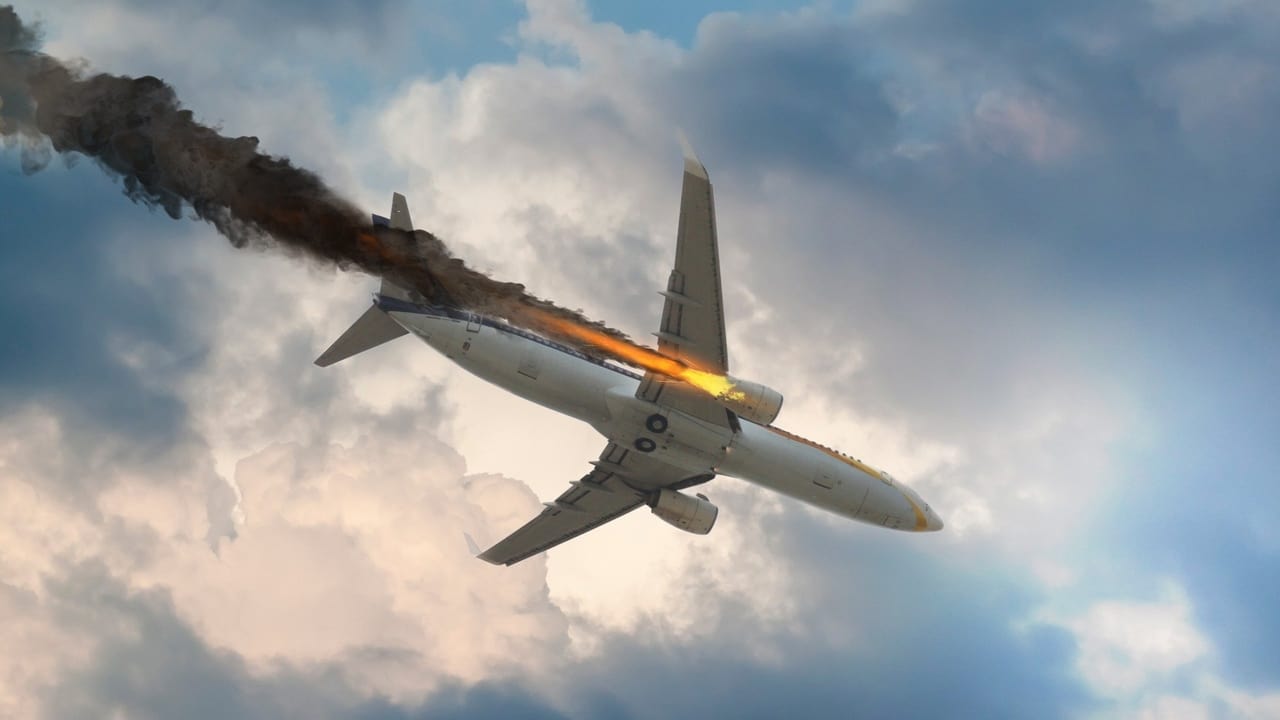
Major real-life air disasters are depicted in this series. Each episode features a detailed dramatized reconstruction of the incident based on cockpit voice recorders and air traffic control transcripts, as well as eyewitnesses recounts and interviews with aviation experts.
Watch Trailer
With 30 Day Free Trial!
Mayday Season 4 Full Episode Guide
On 14 August 2005, air traffic controllers lose radio contact with Helios Airways Flight 522. Two fighters from the Hellenic Air Force intercept and investigate the flight and find all but one person on board not moving. A few moments later, the aircraft runs out of fuel and crashes, killing all 121 people on board. An incorrect setting on the cabin pressurization panel caused the pilots and everyone else on board to succumb to hypoxia.
On 3 January 2004, Flash Airlines Flight 604 banks to the right just after takeoff and crashes into the Red Sea, killing all 148 people on board. The cause of this disaster is disputed and suggested to be spatial disorientation on the part of the flight crew.
On 3 April 1996, while attempting to land at Dubrovnik Airport in Croatia during heavy fog, a United States Air Force Boeing CT-43 strays off course and flies into a mountain. All 35 people on board are killed, including the United States Secretary of Commerce, Ron Brown. The non-precision approach procedure the crew needed to follow required the use of two automatic direction finders, but the aircraft was only fitted with one.
On 31 August 1986, Aeroméxico Flight 498, a McDonnell Douglas DC-9, and a light aircraft collide over Cerritos, California, causing both to go out of control and crash, killing 82 people. The accident was caused by neither pilot making visual contact with the other aircraft and a lack of automated collision warning systems. The crash inspires the creation of the traffic collision avoidance system.
On 19 February 1985, China Airlines Flight 006's number four (right-side outer) engine flames out. As the crew tries to restart the engine, the Boeing 747SP stalls and enters into a spin. The crew successfully regains control, restarts the engine and lands safely at San Francisco International Airport. The incident was caused by pilot error. Alternate title: "6 Mile Plunge"
On 3 March 1991, a Boeing 737 operating as United Airlines Flight 585 is on approach to land, when it suddenly rolls into a dive and crashes within eight seconds, killing all 25 people on board. On 8 September 1994, USAir Flight 427 is another Boeing 737 on approach to land, when it rolls and crashes within thirty seconds, killing all 132 people on board. On 9 June 1996, Eastwind Airlines Flight 517 is another Boeing 737 that unexpectedly rolls in similar circumstances, but the crew successfully regains control of the aircraft and lands safely. The cause of all three incidents was the rudder experiencing a "hardover" (suddenly going to full deflection) and jamming due to thermal shock of the hydraulic control valve.
On 6 August 1997, the crew of Korean Air Flight 801 is unable to see the runway during final approach for a night landing in Guam. They initiate a missed approach, but the aircraft then flies into a low hill, killing 228 people. A combination of pilot error and the instrument landing system at Guam airport being temporarily out of service for maintenance work were blamed. AKA : Final Approach
On 2 June 1983, a fire breaks out on Air Canada Flight 797 in the aircraft's toilet. An emergency landing is made in Cincinnati, but the aircraft is engulfed by flames on the runway, killing 23 people, including musician Stan Rogers. The opening of the aircraft's doors after the landing caused a flashover.
On 24 June 1982, British Airways Flight 9 experiences St. Elmo's fire en route from Kuala Lumpur, Malaysia, to Perth, Australia. A few minutes later, all four engines flame out. After descending, the crew successfully restarts the engines and lands safely. The St. Elmo's fire and engine flame-outs were caused by volcanic ash spewed by Galunggung in Indonesia during a major eruption.
On 2 August 2005, Air France Flight 358 overruns the runway while attempting to land in a storm. The Airbus A340 travels through the airport perimeter fence into a small ravine and catches fire. The causes of the crash were the aircraft deviating above the required approach path for its landing, touching down too far along the runway and the crew deploying the thrust reversers too slowly. All 309 passengers and crew survived. Alternate title: "Desperate Escape"
Free Trial Channels
Seasons




